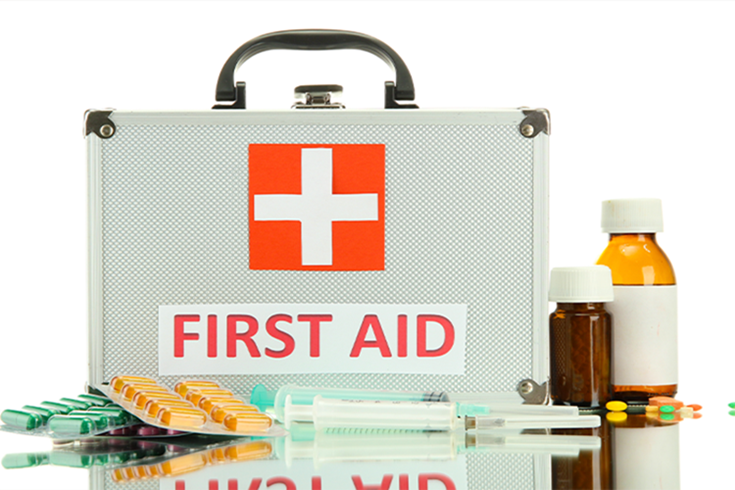How is Typhoid fever spread and how it can be avoided

Apr 19, 2022
The bacteria that causes typhoid fever spreads through contaminated food or water and basically through direct interaction with those who is infected from typhoid. In developing nations where typhoid fever is endemic most of the cases are due to contaminated drinking water and inferior sanitation.

Typhoid fever is an acute illness related to fever caused by the Salmonella. The bacteria gets deposited in the water or food by a human carrier and then spreads to other people in the area. Typhoid fever is contracted by drinking or eating the bacteria in contaminated food or water. People with acute illness can contaminate the surrounding water supply through stool, which contains a high concentration of the bacteria. Contamination of the water supply can, in turn, taint the food supply. The bacteria can survive for weeks in water or dried sewage.
These are the points to prevent typhoid fever:-
The first step to ignore typhoid is receiving the typhoid vaccine. Here are a few tips to help you avoid the disease:
- If you are using local water be sure to water will boil or purify it. Purification tablets and filters are available at all Passport Health travel clinic locations.
- Drink sealed, bottled water from a reputable source, and ignore brands you do not recognize.
- Ensure to only use ice that is made from bottled or boiled water. Ignore popsicles or flavored ice.
- All food must be cooked thoroughly and served steaming hot.
- Ignore all fruits and vegetables that you have not peeled yourself.
- Ignore food and drinks from street vendors.
- Wash before eating or preparing food and after using the toilet.
- Carry an alcohol-based hand sanitizer for times when water isn’t available.
- Avoid drinking untreated water.
If you are experiencing any of the given signs and symptoms, there is a possibility that you might b suffering from Typhoid and should consult a medical specialist at the earliest – high fever, headache, stomach pain, weakness, vomiting and loose stools







